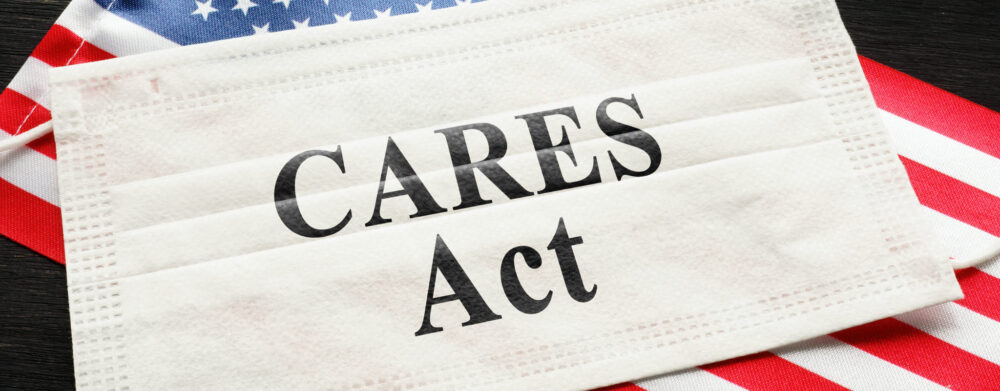Business closures in order to prevent the spread of the deadly coronavirus have resulted in a decline in economic activity and layoffs of millions. While some Americans have saved up for an emergency, others do not have the cash on hand to support themselves, and a month of not working means real threats to livelihood, including the ability to buy food or pay rent. In an attempt to offer relief and stimulate the economy, Congress passed a $2 trillion relief package in late March 2020 known as the CARES Act. As an individual citizen in our country, here is what you need to know about the CARES Act and how the relief plan may affect you.
What is in the CARES Act?
The CARES Act is designed to keep both businesses and individuals afloat during the freeze on American life – a paralysis that has resulted in record rates of unemployment filings and the threat of a long recession. The CARES Act provides cash assistance to individuals and businesses, as well as relief in a few other forms. Highlights of the act include:
- Direct payments to individuals;
- Suspension of student loan payments;
- Delay of the Real ID deadline (federally mandated identification required for boarding an aircraft);
- Major expansion of unemployment insurance;
- $500 billion in loans and assistance for companies, cities, and states;
- $32 billion in grants for the airline industry;
- $117 billion for hospitals;
- Protections against foreclosures and evictions;
- Funding for food assistance; and
- Federal aid for contractors and gig workers.
How Much Money Will the Average Citizen Receive?
Of the $2 trillion, the largest chunk of the money — $560 billion — is allocated for individuals. Individuals who are earning less than $75,000 can expect a cash payment of $1,200; married couples earning less than $150,000 can receive $2,400. For those with children, each child will result in an additional $500. For those who earn more than $75,000 individually or more than $150,000 as a couple, a check will still be sent, but the amount of money received will be less. Checks will be sent to individuals using information from 2019 tax returns, or 2018 returns for those who have not yet filed for 2019. The money will count as a credit, not income, which means that individuals who receive the money won’t have to pay taxes on it.
Note that in addition to sending stimulus checks, which are expected to go out during the week of April 13, 2020, the CARES Act also expanded unemployment benefits. If you are unable to work because of business closures during the COVID-19 pandemic, you may be eligible for unemployment.
Our Employment Law Attorneys can Help
We know that during this unprecedented time in our nation’s history, businesses and individuals are both struggling to stay afloat. At the law office of McOmber McOmber & Luber, our experienced employment law attorneys are available to answer your questions and provide you with guidance. Call our Red Bank office at 732-842-6500, our Marlton office at 856-985-9800, our Newark office at 973-878-9040, or contact us at 888-396-0736 or online for a free consultation.

